David's Reading Life: 2024
New subscribers/followers: Thanks for signing up—I promise not to waste your time!
Novels of the Year:
Nonfiction Book of the Year:
Monsters: A Fan’s Dilemma [essay], Claire Dederer (2023)3
The Other Top Shelf Novels:
Leaving, Roxana Robinson (2024)
Intermezzo, Sally Rooney (2024)4
The Heaven and Earth Grocery Store, James McBride (2023)
The Bee Sting, Paul Murray (2023)
Tomorrow, and Tomorrow, and Tomorrow, Gabrielle Zevin (2023)5
Top Two Novels by Friends:
Top Speculative Novel Resurrected from Didn’t Finish Pile:
The City in the Middle of the Night, Charlie Jane Anders (2019)8
Top Four Other Slipstream/Sci-fi/Cli-fi/Post-Apoc/Dystopian Novels:
The Great Transition, Nick Fuller Googins (2023)9
The Light Pirate, Lily Brooks-Dalton (2022)
American War, Omar El Akkad (2017)
The Hopkins Manuscript, R. C. Sherriff (1939)10
Top Novel by a Writer I’d Never Heard of:
Marlena, Julie Buntin (2017)11
Top Three Rock and Roll Novels:
Lo-Fi, Liz Riggs (2024)12
Utopia Avenue, David Mitchell (2020)13
A Visit From the Goon Squad, Jennifer Egan (2010)
Top Winner of a Major Book Award:
Orbital, Samantha Harvey, 2023 [The 2024 Booker]14
Top Two Novels Set on Islands Off the Coast of Maine:
This Other Eden, Paul Harding (2023)15
Lungfish, Meghan Gillis (2022)
Trollopes Logged in 2024:
The Duke’s Children (1880) [Palliser #6]16
The Prime Minister (1876) [Palliser #5]
Rachel Ray (1863) [stand-alone]
Orley Farm (1862) [stand-alone]]
Top Three Novels by Forgotten/Neglected Writers:
The Halt During the Chase, Rosemary Tonks (1972)17
Who Was Changed and Who Was Dead, Barbara Comyns (1954)18
South Riding, Winifred Holtby (1936)
Top Guilty Pleasure:
Good Behavior, Molly Keane, 1981
Worst Novel:
Rain Girl, Gabi Kreslehner (2010)19
Books in Translation:
Stay With Me, Hanne Ørstavik (2023)20
Mammoth, Eva Baltasar (2022)
Strega, Johanne Lykke Holm (2020)
Books That Have Disappeared From My Mind Already:
My Death, Lisa Tuttle (2004)21
What Kingdom, Fine Gråbøl (2021)
Evening, Nessa Rapoport (2020)
The End of the Ocean, Maja Lunde (2017)
Fish Swimming in Dappled Sunlight, Riku Onda (2007)
Bonsai, Alexandro Zambra (2006)
Books I’m Going to Read Next (maybe):
Fire Exit, Morgan Talty (2024)
The Vaster Wilds, Lauren Groff (2023)
The Seven Moons of Maali Almeida, Shehan Karunatilaka (2022)22 [Sri Lanka]
The Employees: A Workplace Novel of the 22nd Century, Olga Ravn (2022) [Denmark]
The Book of Form and Emptiness, Ruth Ozeki (2021)
Transit, Anna Seghers (1951) [Germany]
Mr. President, Miguel Angel Asturias (1946)23 [Guatemala]
This is the last 2024 post. See you in the new year. Good stuff in the works. May you all be well.
Reminder:
The Birth Year Project: is still open for business . . .
You supply your birth year, I respond with a short list of books published that year—the popular/well-known titles first, then some books I'd recommend. If your year's already been done, I'll do an update. So far, we’ve done 19 years altogether, between 1944 and 1989.
[See BYP Index in navigation bar. Note: Due to a problem I’ve yet to solve, the list atop the Index is incomplete—several of the newest years aren’t included.]
Extra credit: You read one of the books (ideally one you're unfamiliar with), then tell me what you thought. If we get enough of these, I'll aggregate and post.
The mosaic-maker signs his work.
North Woods, Stella Maris, Kairos: There are notes on these three (also The Bee Sting and Rain Girl, below) in a post from September:
Stella Maris: I remember saying I wasn’t going to argue about this one. I’m sure some readers will be creeped out by it . . . and well, right, that’s an appropriate response—it’s what you do afterward that matters. What bugs me is when readers post that their book group thought Novel X (often an award winner) was just dreadful (you can see their heads shaking, ewww—). How I’d love it if—even once in a while—someone admitted they weren’t the right reader for a particular book.
There are books I’ve stopped reading because they creeped me out, also books I kept reading for the same reason. I don’t read horror, the genre. If you like that stuff, it proves you’re psychopathic, and therefore . . . just kidding. Read what you want. I don’t watch horror flicks either, but they’re ubiquitous [. . . not only that but—reprising one of my father’s verbal gambits—they’re everywhere. Thanks, Pop.]. I do like certain thrillers—the danger, the pacing, the doing of things I’m too weak-kneed to do myself. Thrillers thrill. But the profoundly nasty/gory/misogynistic sort deal in disgust/cringe and, you know, I get plenty of that when not reading.
Do I have an actual point here, you’re beginning to wonder. Several: a) Don’t dismiss, out of hand, works that “aren’t for you” . . . b) Don’t feel compelled to go public with your “ewww—” unless you have a good reason . . . c) If you read Stella Maris see if you can get a handle on why I’m praising it . . . d) If you read a dark book, ask what the darkness does in the work, what illumination it leads to . . . and e) If you’re at a point in your life where you don’t want to read dark books, then don’t.
[Note: One of the first posts of 2025 will look at why readers stop reading a book.]
Dederer: This book got heaps of attention earlier this year. What do we do about artists we esteem as artists whose non-art lives are significantly less estimable—criminal, ethically/morally compromised, misogynistic, racist, and so on? Cancel them? Sweep their misdeeds/mis-thoughts under the rug? Accept the dichotomy, the messiness of life?
The revelations published by Alice Munro’s daughter threw gasoline on this fire. Like loads of Munro fans (and she was a major influence on my story writing), I’m still wrestling with this issue.
https://www.nytimes.com/2024/07/09/books/alice-munro-reactions.html
https://time.com/6995658/alice-munro-legacy-daughter-andrea-skinner-abuse-fremlin-silence-complicity/
Dederer’s a Seattleite, sharp, good fun to listen to, with the no-B.S. candor you find in certain now-sober writers. This book keeps mulling her initial question, deepening its reach and implications—some books never get beyond the one thing that triggered the project; some, like Monsters, let it steep longer—or as I used to tell writing students, crank it one more crank. I’m happy it’s been cited on many year-end lists.
Rooney: I will read every book she writes.
Campbell: Former colleague at Pacific University, doyenne of Kalamazoo, champion of the Equus africanus asinus, non-punch-pulling feminist. The Waters would also be “top-shelf.”
https://www.bonniejocampbell.net/about
Hattman: A long-ago advisee in Pacific University’s low-res MFA Program, now a mature writer/writing coach, and all-around great human being. Sift would also be on the cli-fi list.
https://www.alissahattman.com/sift
The City in the Middle of the Night: Not sure why I stopped reading this. These days I have at least two books going, a main book, and another I read in bed (after a brief consultation with Dr. Indica), and one evening I pulled this one up and had another look and was drawn in by its world, its outsider-art vibe, and the central figure’s bonding with a sui generis alien species—I was reminded a little of the best aspects of Denis Villeneuve’s film, Arrival [with Amy Adams, 2016]. And it’s stuck with me. There’s a wave of good speculative lit coming from the LGBTQ+ community these days.
Top Four Other Slipstreams: These are all quite different, but each succeeds. Recommended.
See also: Reading Projects [11]: Cli-Fi [ https://longd.substack.com/p/reading-projects-11-cli-fi ].
Sherriff: More on this one in Reading Projects [10]: Persephone Books [see footnote 10]:
https://longd.substack.com/p/reading-projects-10-persephone-books
Marlena:
https://lithub.com/julie-buntin-on-the-joys-and-tragedies-of-teenage-girlhood/
https://lithub.com/julie-buntin-on-her-rebellious-youth-and-the-writing-of-lorrie-moore/
Lo-Fi: Granted, it’s not Dostoevsky. But it feels authentic and I was in the mood for a story about band/club culture. Riggs pauses her story every so often and gives us a setlist for that part of the novel. I cruised over to Spotify and recreated several of them. Interested? I think you can search using my name or “Liz Riggs” under Playlists. [Oh, and I haven’t read any Dostoevsky since bailing on Crime and Punishment thirty-some years ago.]
Utopia Avenue: Mitchell without the free-floating time planes, etc. Straight-forward account of a band’s life, in the same vein as Daisy Jones & The Six, Taylor Jenkins Reid (2019).
Orbital: The International Space Station circumnavigates the Earth sixteen times a day—sixteen sunrises, sixteen sunsets, as witnessed by its international crew of six. Science/fact plus interior meditation. Can be read in one sitting.
https://thebookerprizes.com/the-booker-library/prize-years/2024
Harding: Writer of short novels made up of great sentences. I’ve been a fan since Tinkers (2009). I tried to read the passage below to my wife in bed one night and we got into one of those can’t-breathe laughing jags . . .
Howard could not imagine this old husk of a man . . . had a tooth left in his head to ache. Nevertheless, it was true. Stepping closer, Gilbert opened his mouth and Howard, squinting to get a good look, saw in that dank, ruined purple cavern, stuck in the back of an otherwise-empty levee of gums, a single black tooth planted in a swollen and bright red throne of flesh. A breeze caught the hermit’s breath and Howard gasped and saw visions of slaughterhouses and dead pets under porches.
Trollope: I’ve now read a dozen Trollopes (for the record: these are not wee wispy things, a rainy afternoon’s amusement). While twelve sounds like a lot of Trollopes, it’s a mere one-quarter of his 47 novels (not counting the dozens of short stories, nonfiction, articles, and a pair of plays). The Prime Minister and The Duke’s Children are a matched set and should be read back-to-back; they conclude the Palliser [aka Parliamentary] Novels. I’ll be posting about him in the new year (I know you can’t wait!).
Tonks:
https://en.wikipedia.org/wiki/Rosemary_Tonks
Comyns: There’s a long footnote on Comyns in an earlier post:
Worst: Posted about this in “My Summer Vacation” [11 September 2024]
Ørstavik: This is the second book based on the death of her husband—the other is Ti Amo (2020). She’s published in the U.S. by Archipelago. Her novels are short and intense—none more so than Love (1997), with its body slam of an ending. She’s another writer whose books I’ll always read.
https://en.wikipedia.org/wiki/Hanne_%C3%98rstavik
Books Gone from Memory: You’d think good books would stick with you—that sticking with you is an essential quality in calling a book “good” . . . but the truth’s probably more nuanced. Thoughts:
Memory’s fundamentally fluky.
That limited series you were riveted to last spring . . . how much do you remember? Which is the more accurate measure of its worth, your ability to recall the deets now, or how glued to the screen you were then?
Some writing washes away without a trace because it’s . . . well, unmemorable—that is, not different enough to seem unique, not keenly written enough—only a click or two above where you toss the book over your shoulder. But sometimes, I think, the fault’s in you—maybe you were absorbed in the reading but had your “remember-this” function switched off.
Some books simply stick better than others—they have a bold dramatic circumstance/dilemma/quest/central image . . . whereas others are more discursive, meditative, episodic, etc. You remember their mood, or their voice—which are both hard to talk about with specificity—but not precisely what happens in them.
Seven Moons: 2022 Booker winner.
From the Economist: “Comic, macabre, angry and thumpingly alive . . . [Maali’s voice] has bite, brilliance and sparkle . . . Still, the furious comedy in Mr. Karunatilaka’s novel never courts despair.”
Asturias: 1967 Nobel Laureate in Literature.
https://www.nobelprize.org/prizes/literature/1967/summary/



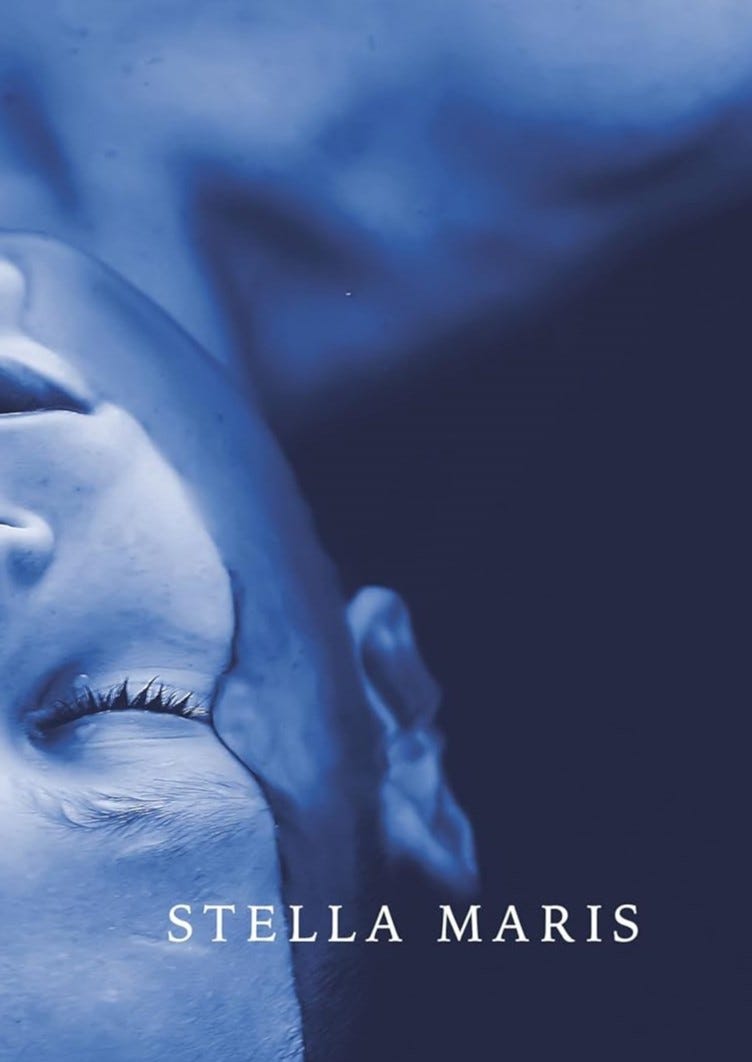
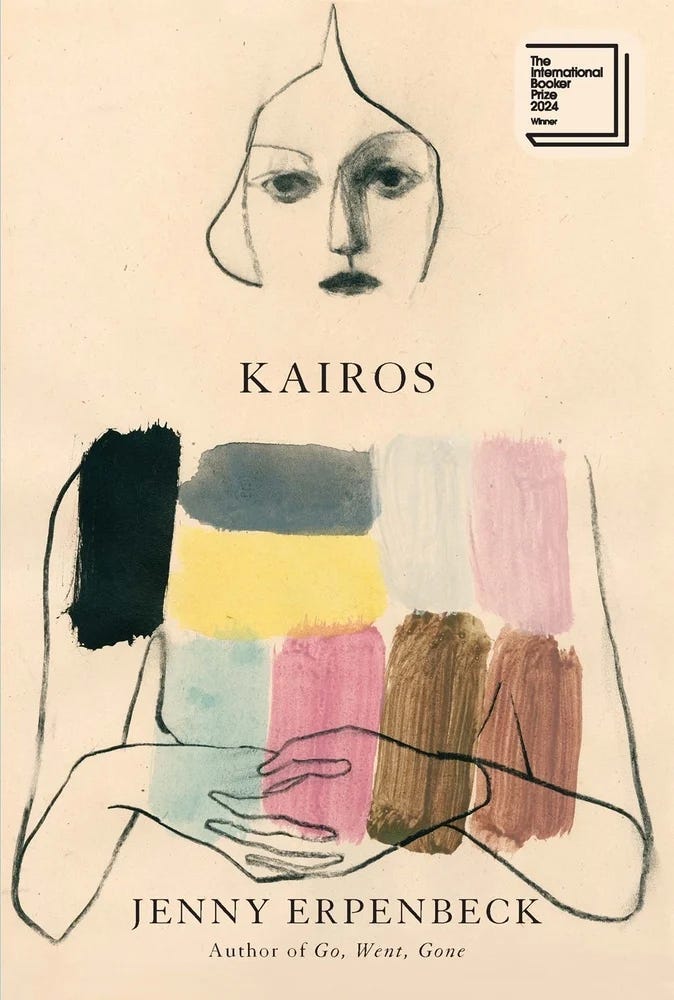
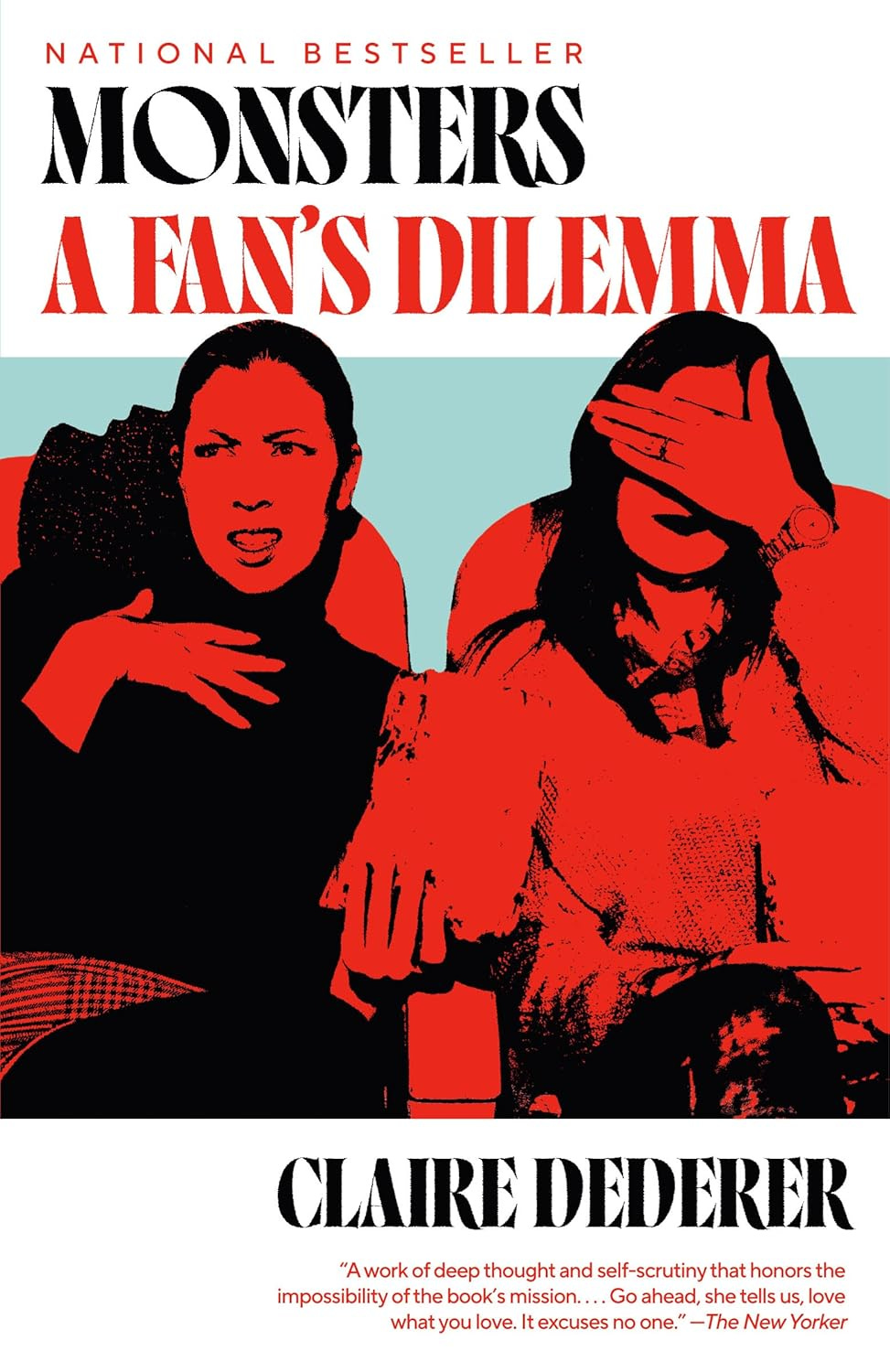
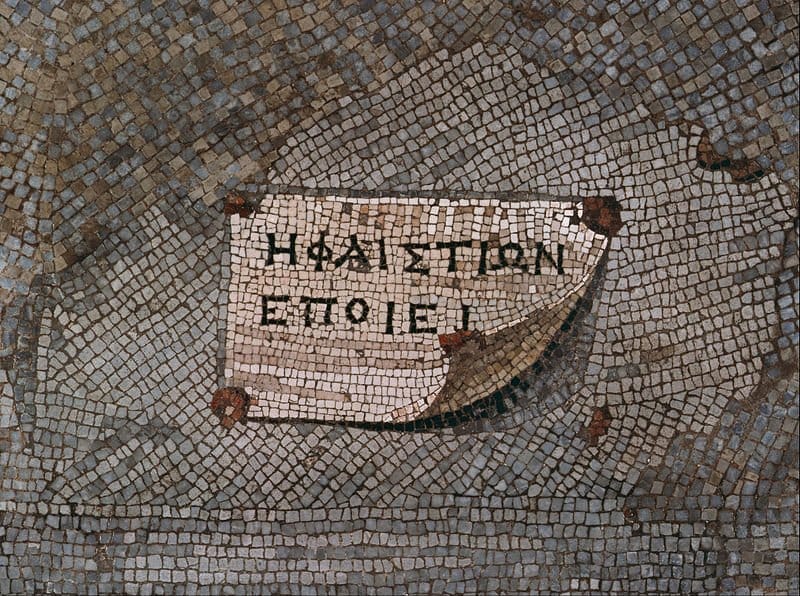
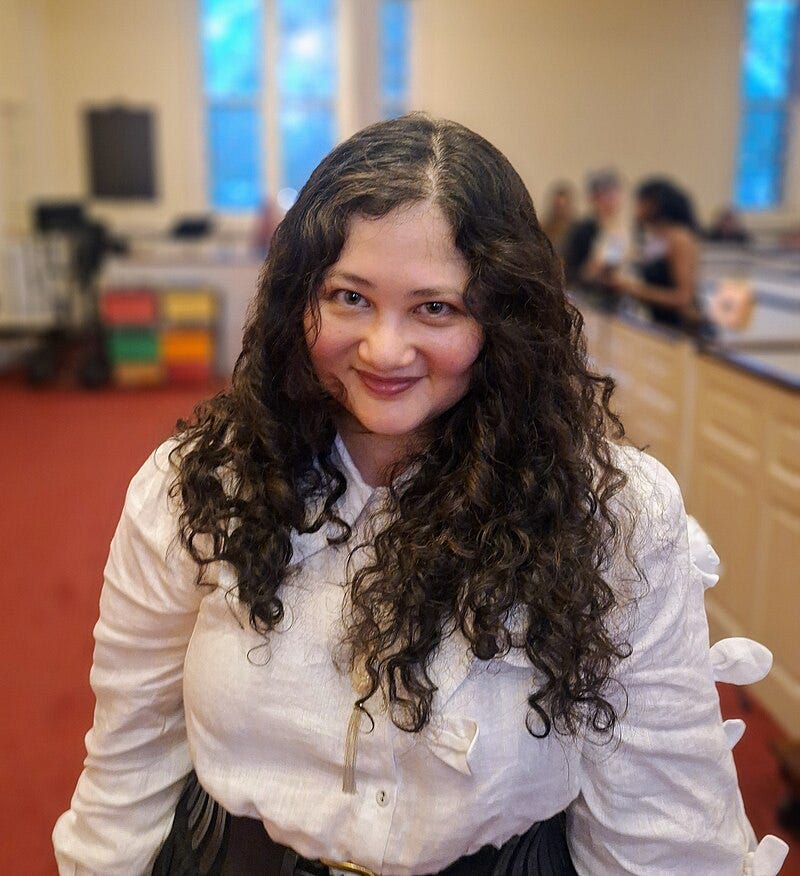
Couldn’t agree more about The Bee Sting. Loved Skippy Dies too.
Happy holidays, David!